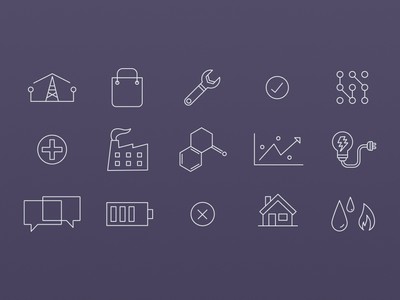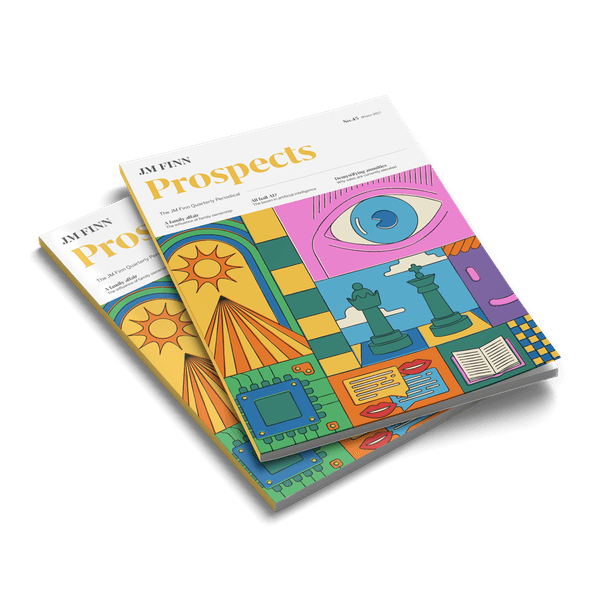Intuitive Surgical (‘Intuitive’) designs, manufactures and sells robots through its da Vinci brand, which assists surgeons in conducting minimally invasive surgery (MIS). They also produce instruments and service the robots. A da Vinci system is a set of robotic arms that can be operated by a surgeon from a nearby console. The system operation mimics the use of the human hand but, crucially, without the tremors inherent in even the steadiest of hands. The arms of the system can also bend and rotate much further than the human hand, thus augmenting a surgeon’s dexterity too. This allows surgeons to conduct surgery through minute incisions. The result is less patient blood loss, less scarring, less pain and faster recovery times compared to traditional open invasive surgery.
Procedures are split broadly into two categories: cancer and benign conditions. Insurance payments to hospitals for cancer and other complex procedures are at higher rates than for benign tumours. Intuitive therefore targets benign condition procedures with its cheaper da Vinci Xi Surgical System. Their full featured da Vinci Xi is designed for more complex procedures. System sales, priced between US$500,000 and US$2.5m, are typically ad hoc, however the sale of consumables (US$700-US$3,500 per surgery) and servicing contracts are of a more recurring nature. Recurring revenues provide more visibility to investors and with this predictability, often come higher valuation multiples.
Recurring revenues provide more visibility to investors and with this predictability, often come higher valuation multiples.
8,200 da Vinci systems are currently in operation in hospitals globally. However Intuitive is only c.30% penetrated into its total addressable market (TAM) of an estimated 6 million soft tissue surgical procedures. This TAM should continue to grow as the company expands into new geographies and new uses and thus Intuitive estimate they are only c.10% penetrated into their long-term 20 million procedure global TAM.
Group revenue has grown at an annual average of +15% per year over the last five years, a solid performance considering revenue growth slowed to +1% in pandemic-affected 2020. Total revenue growth has been driven by +17% per annum growth in instruments, and a +12% per annum sales increase of da Vinci systems and services. The benefit of the recurring consumables revenue model was demonstrated in the pandemic: sales of da Vinci systems declined -12% in 2020 compared to 2019, yet instrument sales still grew +2%. Operating margins are among the highest in the medical technology sector and range between 35% and 40%. A key metric watched by investors is the number of procedures conducted on Intuitive’s systems, which has grown by an annual average of +16% over the last five years.
With the financials clearly impressive, we are naturally left asking what can go wrong. For an answer, we turn to the competitive dynamics of the RAS market. Intuitive has for the last two decades operated in a monopoly. However, inevitably with the scale of the available profit pool, well capitalised competitors have been preparing to enter the market. The most serious competition comes from Medtronic and Johnson & Johnson. Medtronic is developing an RAS system named Hugo, and Johnson & Johnson is developing its six-armed Ottava system. Both systems have their relative merits but up until now both have experienced delays in the US launch timelines, with entry of Medtronic’s Hugo (the closest to launch) not expected until 2024. Intuitive will not give up its position easily though and has built a strong competitive ‘moat’. Surgeons have had up to 20 years to become comfortable with operating the da Vinci system and the accompanying instruments. Competitors are likely to have to demonstrate a very significant cost and/or health benefit to induce surgeons to switch systems. Intuitive also has a 20-year head start. In a market where regulatory approval can be hard won, catching up with Intuitive will be a tall order.
The risk though is that upon entry of a new system in the market, the acquisition of new customers in new markets becomes harder. In those markets, where the above dynamics are less strong, more cost-conscious customers could begin to consider other systems and a degree of pricing pressure may exist. This is the key risk for Intuitive and it is hard for investors to forecast the outcome as and when competition emerges. We continue to monitor these competitive dynamics carefully.





